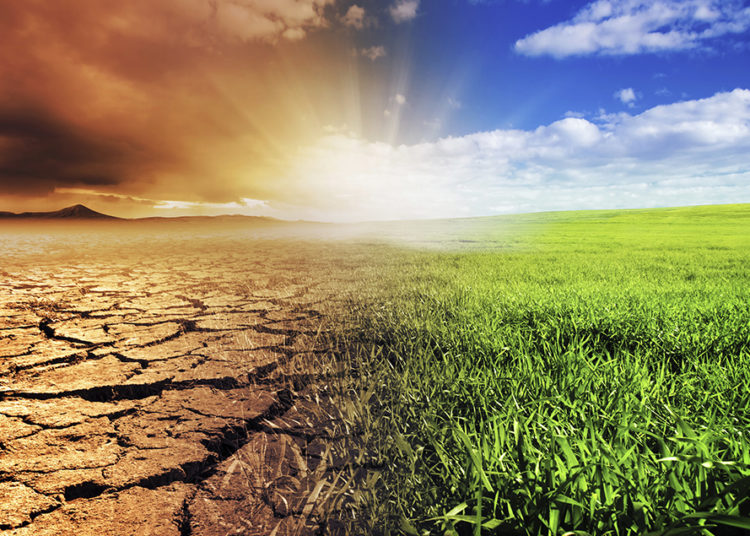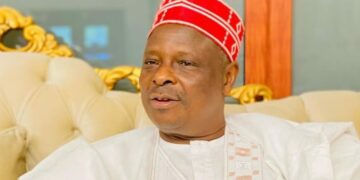Stakeholders have lamented on the impacts of climate change such as coastal erosion, desertification, drought and unusual weather patterns that continue to cause displacement, loss of life and livelihoods across the country, saying the country’s response has been largely inconsistent, incoherent, and exclusive, resulting in failure to secure the buy-in of the citizenry.
The stakeholders gathered at the National Conference on Climate Change, COP27 and Beyond, organised by the Corporate Accountability and Public Participation Africa (CAPPA), in Abuja.
The conference, according to CAPPA, was convened based on the realisation that climate change is an existential threat that affects Africa more than other regions of the world despite her being the least contributor to the crisis.
The stakeholders met to articulate a common climate change agenda for COP27 with emphasis on just energy transition; build consensus on the need for adequate climate financing for the implementation of adaptation and mitigation plans in Nigeria and Africa; and Interrogate Nigeria’s Nationally Determined Contributions and Nigeria’s Climate Change Act 2021 and synergy in mode of implementation.
In a communique issued at the end of the conference, they observed that the 2022 floods which have inundated communities and farmlands across the federation, led to deaths, and rendered millions of Nigerians homeless, are yet to attract the needed attention and intervention by the federal government.
They also observed that Nigeria’s Climate Change Act was fraught with implementation challenges. “Questions are raised about its embrace of market mechanisms and unproven solutions including Net Zero, and REDD+ hence, the sustained call for its review.
“The Climate Change Council inaugurated by President Muhammadu Buhari during the Federal Executive Council (FEC) meeting on 28 September 2022 to drive the implementation of the Climate Change Act still has lingering debates about the supposed functions of the Department of Climate Change.
“Vice President Yemi Osinbajo’s debt for climate swap deal proposal – which entails bilateral or multilateral debts be forgiven by creditors in exchange for a commitment by the debtor to use the outstanding debt service payments for national climate action programs – is still hazy and needs thorough scrutiny.”
The stakeholders, who consist of frontline communities, civil societies, academics, development experts and representatives of various ministries, departments and agencies of government said historical pollution is yet to be addressed in the Niger Delta as reflected in the failing Ogoni clean up exercise.
They said instead, the oil corporations are divesting, dodging accountability, and passing the buck to indigenous oil companies.
They, therefore, urged the federal government to lead the way among African nations in advancing the call for historical liability pay-up, loss and damage financing and penalties for failure to honour their COP commitments.
They also urged that emphasis should be on a just, equitable and inclusive climate change agenda that will convey the interests of all, particularly the highly impacted frontline communities.





